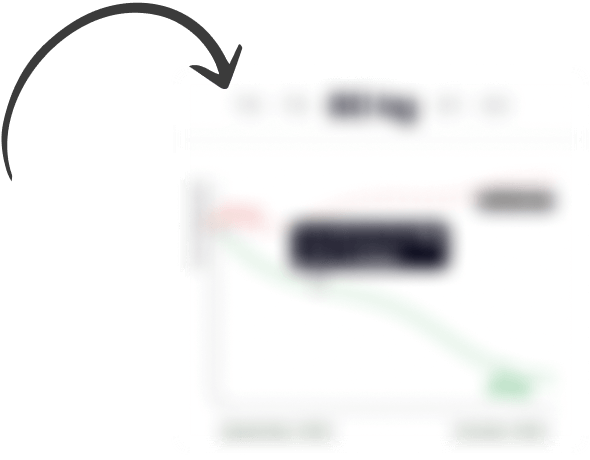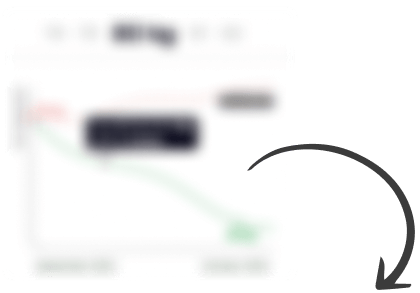Do you see more people around you using AI than you do?
Do you notice younger colleagues adapting to new tools faster than you?
Do you hear AI mentioned more often in news and work talks than last year?
Have you seen coworkers speed up tasks with AI in the past few months?
Do you see simple daily tools adding AI features, like email or documents?
Do you see companies around you cutting costs with AI automation?
Do people you trust say AI is now part of normal work?
Do you worry that AI could affect your job in the next 1–3 years?
Analyzing your work environment...
We've analyzed how fast AI is spreading around you.
Now let’s look at how it connects to your own work and daily habits. 👉🏻
Do you spend a lot of time on repeat tasks that follow clear steps?
Is most of your work creative or people based, not repeat steps?
Could a clear set of rules explain how to do most of your job?
Would you know where to start if told to try AI this week?
Do you think you must be a “tech person” to use AI?
Do you avoid trying new tools because you fear pressing the wrong button?
Pick what fits you best:
Pick what fits you best:
What is your job role?
Do you believe your years of experience alone will keep your job safe?
Measuring your exposure to automation…
Your answers already show some patterns.
Next, we’ll see how how fast changes could impact you and when AI could change the rules. 👉🏻
If you keep working the same way for the next year, do you expect to fall further behind?
A new coworker who is a master at AI could outpace my output within:
If your company chooses people for new projects, could AI skills be a must?
If your job has many repeat steps, could those steps be automated?
If your company cuts costs, are routine roles the first to be changed?
If you must choose today between learning or waiting, does waiting raise the risk?
Calculating productivity risks…
Here’s where it gets practical.
A few quick checks will show your AI exposure and how close you are to replacement. 👉🏻
Do you often repeat the same steps again and again in your work?
Have small mistakes forced you to redo tasks recently?
In the last 30 days, did you feel drained from routine tasks that could have been easier or faster?
Do you sometimes feel your work pace is falling behind others around you?
Early Look: First Indicators of Your AI Risk Level
So far, your answers suggest possible risk.
Finish the assessment to calculate your exact AI Replacement Risk Score and what it means for your job.




100,000+ people
already discovered their risk score
Would seeing your exact replacement risk score make things feel clearer?
Would a plain-language summary of your score help you understand it?
Would a step-by-step action plan based on your risk score be useful?
Would a simple checklist to lower your risk help protect your future?
Would plain-language printable steps on reducing your risk-score be useful?
Would a personalized guide based on your score be the best way to reduce your risk?
Would a 10-minute fix you can do today to lower your score be helpful?
Finalizing your risk score...
Reviewing Job Tendencies
Analyzing your daily tasks and habits
Analyzing Vulnerabilities
Checking exposure to automation risks
Role Dynamics Inspection
Assessing how AI could impact your position
Risk Pattern Breakdown
Decoding replacement likelihood across different factors
Where should we send your full risk report?
Assessment finished. Your full AI Replacement Risk Score report is ready. See how likely your role is to be replaced in the next 12 months and the exact steps to cut your risk now.
There was an error processing your subscription. Please try again.
Thank you for subscribing! Redirecting...


